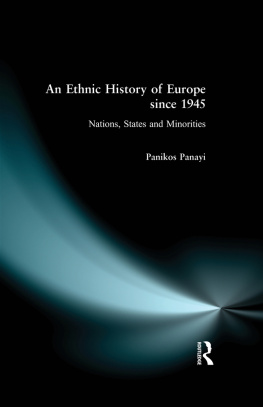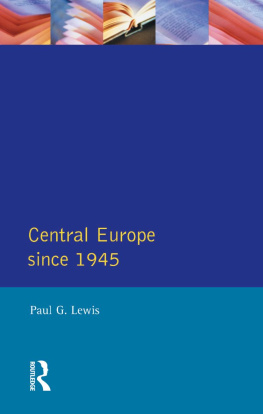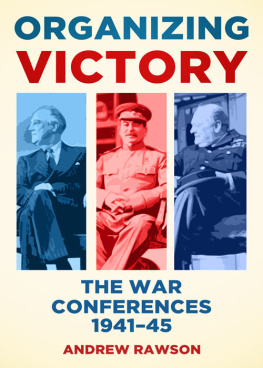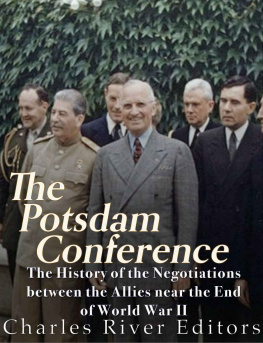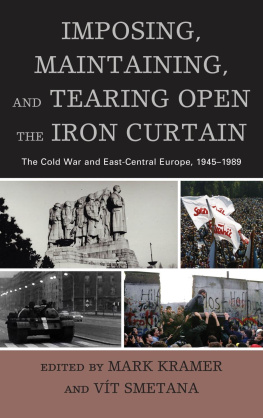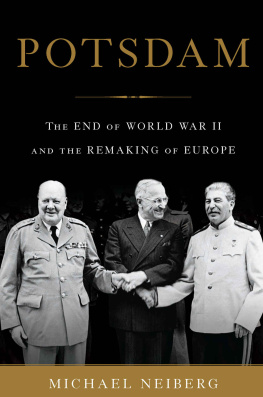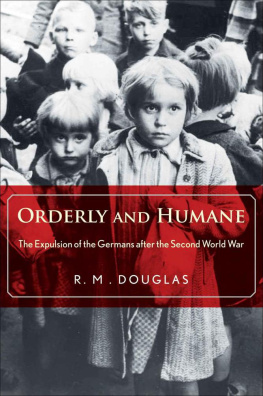First published in Great Britain in 2021 by
PEN AND SWORD HISTORY
An imprint of
Pen & Sword Books Ltd
Yorkshire Philadelphia
Copyright Peter C. Brown, 2021
ISBN 978 1 52677 374 6
eISBN 978 1 52677 375 3
Mobi ISBN 978 1 52677 376 0
The right of Peter C. Brown to be identified as Author of this work has been asserted by him in accordance with the Copyright, Designs and Patents Act 1988.
A CIP catalogue record for this book is available from the British Library.
All rights reserved. No part of this book may be reproduced or transmitted in any form or by any means, electronic or mechanical including photocopying, recording or by any information storage and retrieval system, without permission from the Publisher in writing.
Pen & Sword Books Limited incorporates the imprints of Atlas, Archaeology, Aviation, Discovery, Family History, Fiction, History, Maritime, Military, Military Classics, Politics, Select, Transport, True Crime, Air World, Frontline Publishing, Leo Cooper, Remember When, Seaforth Publishing, The Praetorian Press, Wharncliffe Local History, Wharncliffe Transport, Wharncliffe True Crime and White Owl.
For a complete list of Pen & Sword titles please contact
PEN & SWORD BOOKS LIMITED
47 Church Street, Barnsley, South Yorkshire, S70 2AS, England
E-mail:
Website: www.pen-and-sword.co.uk
Or
PEN AND SWORD BOOKS
1950 Lawrence Rd, Havertown, PA 19083, USA
E-mail:
Website: www.penandswordbooks.com
Introduction
The Allied victory that ended the Second World War with the surrender of the Axis powers meant dislocation and revenge against the defeated German army. During the ensuing five years of violence and chaos, the forced expulsion of more than 12 million ethnic Germans from their homes and ancestral lands in Poland, the Czech Republic, Hungary and other Eastern European countries, mostly lands that had formerly been part of Germany and were ceded through the Treaty of Versailles following the First World War, was one of the most significant examples of the mass violation of human rights in recent history. Although they occurred within living memory in time of peace, and in the middle of the worlds most densely populated continent, it has been mostly depicted in European-history textbooks as justified retribution for Nazi Germanys wartime atrocities.
In direct contravention of the 1919 Treaty of Versailles, which forced Germany and its allies to accept sole responsibility for causing the First World War and committed it to making territorial concessions, disarming and paying reparations, Adolf Hitler, who came to power in 1933, had steadily and aggressively expanded Germanys borders into the Rhineland from 1936, taking over neighbouring regions and countries with German-speaking populations in order to create a huge economy that would finance and sustain a long-term war in Europe.
The Sudetenland, the German-speaking borders of Czechoslovakia, were ceded to Germany in the Munich Agreement following fears harboured by British and French politicians of a European war. British Prime Minister Neville Chamberlains endeavours to avoid war meant appeasing Hitlers self-determined right to expand German territories, despite this expansion of Czechoslovakia covering the industrial powerhouses of the Czech state, the factories and mines, and vital fortifications for the defence of the country along the northern, western, and southern borders.
was given by Adolf Hitler to Wehrmacht commanders at his home in Bavaria, on 22 August 1939, a week before the German invasion of Poland:
Our strength consists in our speed and in our brutality. Genghis Khan led millions of women and children to slaughter with premeditation and a happy heart. History sees in him solely the founder of a state. Its a matter of indifference to me what a weak western European civilisation will say about me.
My decision to attack Poland was arrived at last spring. Originally, I feared that the political constellation would compel me to strike simultaneously at England, Russia, France, and Poland. Even this risk would have had to be taken. Ever since the autumn of 1938, and because I realised that Japan would not join us unconditionally and that Mussolini is threatened by that nit-wit of a king and the treasonable scoundrel of a crown prince, I decided to go with Stalin.
I have issued the command, and Ill have anybody who utters but one word of criticism executed by a firing squad that our war aim does not consist in reaching certain lines, but in the physical destruction of the enemy. Accordingly, I have placed my death-head formations in readiness for the present only in the East with orders to them to send to death mercilessly and without compassion, men, women, and children of Polish derivation and language. Only thus shall we gain the living space (Lebensraum) which we need. Who, after all, speaks today of the annihilation of the Armenians?
The grand scheme to divide Central and Eastern Europe was formalised on 23 August 1939 by the Soviet Union and Germany in secret Nazi-Soviet protocols that accompanied the Molotov-Ribbentrop nonaggression pact between the two totalitarian powers. The pact with Stalin gave Hitler a free hand to wage war against Poland, and in return, Germany recognised that the Soviet Unions sphere of interest included Finland, eastern Poland, Moldova, and the Baltic States. The expulsion and eradication of millions of non-Germans and Jews carried out by the Nazis during the Second World War set the precedent for the expulsion of entire German communities after 1944.
The American, British and Free French armies were no less culpable than Stalins Red Army for the brutal treatment of captured Wehrmacht soldiers. At the Tehran Conference, a strategy meeting of Joseph Stalin, Franklin D. Roosevelt, and Winston Churchill which ran from 28 November to 1 December 1943, they agreed in principle to the partitioning of Germany. They also agreed to the annexation of Knigsberg by the Soviet Union and the displacement of Poland (whose in London was neither informed, nor consulted) to the West. This allowed the USSR to keep the Polish territories obtained by the German-Soviet pact, for which the territories acted as (partial) compensation. The future Poland would receive the eastern territories of Germany. The new frontiers of Poland were not specified because the British wanted to avoid the protests of the Polish government in London. Roosevelt too wanted to avoid protests from Americans of Polish origin.


